Stay Hydrated During the Heat
 By Lucette Talamas, MS, RD, LDN
By Lucette Talamas, MS, RD, LDN
While some people face the heat only in the summer, Floridians are exposed to heat year-round with an extra high dose during the summer months.
Keeping hydrated is vital for our health. Staying properly hydrated can be challenging, especially for older adults. Thirst sensation is like a defense mechanism for the body to replenish water. However, the thirst sensation is often reduced in older adults. Therefore, it is not advisable to wait to drink water until one feels thirsty. Rather, aim to start your day with some water and continue throughout the day.
Dehydration is the loss of two percent of body weight due to fluid loss. For someone who weighs 150 pounds, that’s about three pounds. Dehydration symptoms include feeling very thirsty, dry mouth, urinating and sweating less than usual, dark-colored urine, dry skin, fatigue and dizziness. Dehydration can cause health issues and is a leading risk factor of urinary tract infections, which can also lead to other complications.
Dehydration is preventable. The best and most practical indicator of hydration is your urine color. Aim to maintain a pale-yellow color throughout the day.
Water is the primary choice for hydration. You may be wondering: How much water do I need? Individual water needs vary based on factors such as health conditions, heat and humidity, sweat loss through physical activity and illness such as fever, diarrhea or vomiting. About 19 percent of water intake comes from food. The Institute of Medicine recommends the following for adequate intake:
Men: 3.7 liters (16 cups) of total water per day, or 3 liters (13 cups) from only water and beverages.
Women (not pregnant or breastfeeding): 2.7 liters (12 cups) of total water per day, or 2.2 liters (9 ½ cups) from only water and beverages.
Foods contribute to water intake, especially fruits, veggies and soups. The fruits and vegetables that have the highest water content are cantaloupe, strawberries, watermelon, cucumber, lettuce, cabbage, celery, spinach, cooked squash, carrots, broccoli, grapes, oranges, pears and pineapple.
Besides water, other beverages that are hydrating can include low-fat milk, unsweetened milk alternatives, herbal teas and low-sodium soups. Sports drinks are intended to be consumed after engaging in strenuous physical activity that lasts at least an hour.
They can also be used to replenish fluids lost from vomiting or diarrhea. People with diabetes should use caution when drinking sports drinks, outside of these circumstances, as they do have added sugars. It is best to limit sugar-sweetened beverages like soda and avoid energy drinks.
Some Tips For Staying Hydrated:
• Never leave home without a refillable, insulated water bottle.
• Prepare a glass of water the night before in your bedroom to drink when awakening the next day.
• Aim for two servings of fruit per day and at least three servings of vegetables – especially the hydrating ones.
• Entice your senses to drink water by changing the temperature – ice water or room temperature – it’s up to you.
• Add a natural flavor enhancer like lemon or lime juice or cucumber slice.
• Coffee can contribute to fluid intake as long as it does not exceed 400 mg of caffeine (about four cups of coffee) per day.
Sources:
https://www.ncbi.nlm.nih.gov/pmc/articles/PMC6629391/
https://medlineplus.gov/dehydration.html
https://nap.nationalacademies.org/download/10925#
Lucette Talamas, MS, RD, LDN, is a Registered Dietitian for Community Health at Baptist Health South Florida. Ms. Talamas holds a Bachelor’s Degree in Food Science and Human Nutrition from the University of Florida and a Master of Science in Nutrition and Wellness from Benedictine University. She also earned CDR Certificate of Training in Obesity for Adults and Pediatrics.
About John Knox Village
John Knox Village, set on a scenic 70-acre campus, is South Florida’s leading Continuing Care Retirement Community, celebrating 57 years of excellence.
JKV offers a comprehensive approach to retirement with a continuum of care including independent living, assisted living, memory care, and skilled nursing. Our elegant residences, vibrant community, and extensive amenities—including an Aquatic Complex, diverse dining options, fitness centers, and cultural activities—ensure comfort and promote enrichment.
Our caring team is committed to providing personalized support in a life plan community, delivering peace of mind for residents and their families.
Interested in learning more about John Knox Village? Contact us today for a no-pressure conversation with a Life Plan Consultant, or to schedule a visit.

